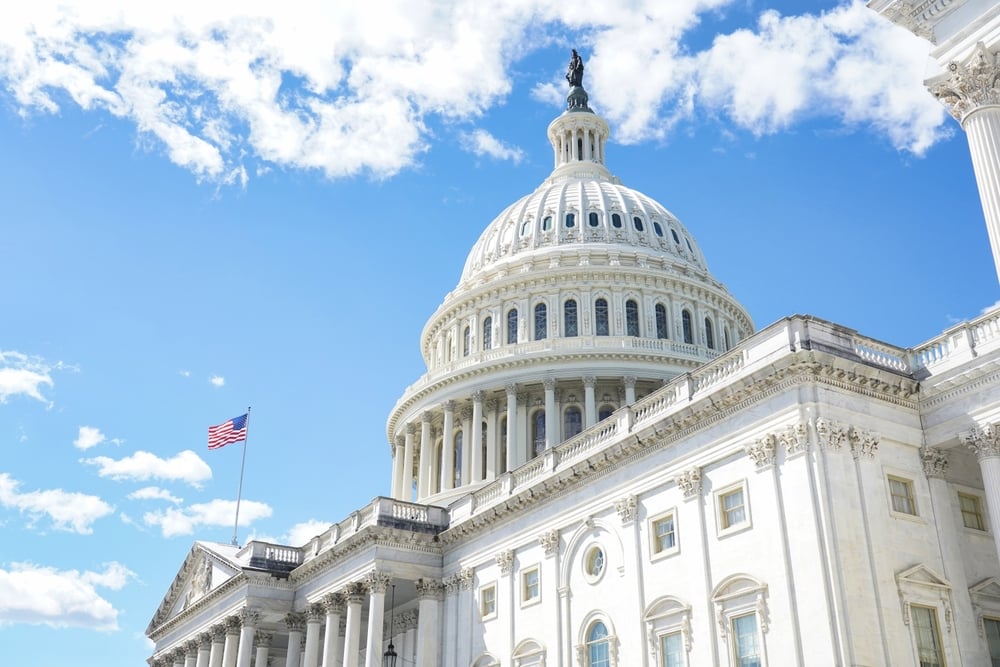Publisher: Maaal International Media Company
License: 465734
Fitch: Oil prices test the strength of non-oil growth, and 3 Gulf countries will record deficits by the end of 2025
Fitch Ratings explained in a recent report that changes in oil prices will have a varying impact on the public finances of the Gulf Cooperation Council (GCC) countries, which are a key factor in their credit ratings. If Brent crude averages $65 per barrel in 2025—the agency’s baseline scenario—Qatar, the UAE, and Kuwait will achieve budget surpluses, while Saudi Arabia, rated A+/stable, will have a deficit. Bahrain will have a deficit of B+/negative, and Oman will have a deficit of BB+/positive by a small margin.
The report presents various scenarios for oil prices and their impact on Gulf countries’ budgets, government debt ratios, and financing needs in the region. It indicates that under a pressure scenario of $45 per barrel, fiscal budgets (including investment income) will record deficits in all Gulf countries, assuming other factors remain constant. Gulf countries continue to balance conflicting policy objectives: reducing budget exposure to falling oil prices through spending cuts, and increasing spending to achieve economic diversification and meet social demands. Furthermore, non-oil economic activity in Gulf countries is often linked to government spending trends or broader public sector spending, which has historically been dependent on oil revenues, according to the report.
The report adds that the ultimate fiscal impact depends on how governments balance these considerations. They now have more tools to raise revenue than in previous periods of low oil prices and can adjust spending accordingly. Previous spending cuts have exacerbated the impact of low oil prices on Gulf economies. However, recent deep and wide-ranging reforms have stimulated non-oil growth in most countries in the region, and the decline in oil prices may test the strength of this growth.
اقرأ المزيد









